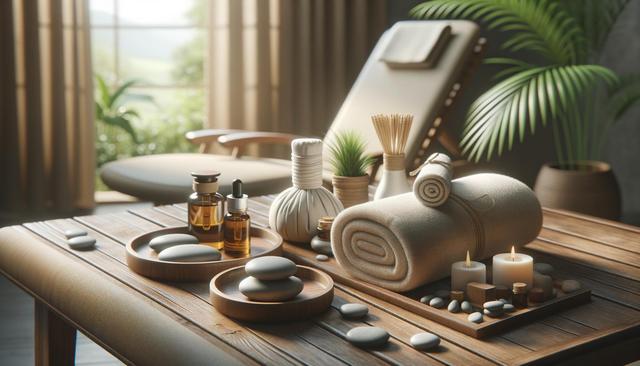The History and Evolution of Massage
Massage has a deep-rooted history that spans cultures and continents. Ancient texts from China, India, Egypt, and Greece document practices that resemble modern massage techniques. These early civilizations understood the therapeutic power of touch and developed structured systems that influenced contemporary massage therapy. In ancient Greece, athletes received massages before competitions to enhance performance, while traditional Chinese medicine incorporated massage as a holistic treatment to balance the body’s energy. Over centuries, these practices evolved into diverse techniques, such as Swedish massage, deep tissue therapy, and Shiatsu, each offering unique benefits tailored to individual needs. Today, massage is recognized not only as a luxury but also as a legitimate component of health care, integrated into wellness programs and rehabilitation processes worldwide.
Physical Benefits of Massage Therapy
Massage therapy can have a significant impact on physical health. It is commonly used to manage pain, improve flexibility, and enhance circulation. One of the most well-documented benefits is its ability to reduce muscle tension and alleviate discomfort caused by repetitive stress or injuries. Regular massage sessions may help with:
- Reducing chronic pain conditions such as lower back pain or neck stiffness
- Increasing range of motion and flexibility
- Lowering blood pressure and improving cardiovascular health
- Facilitating recovery from physical exertion or injury
In addition, massage stimulates the lymphatic system, helping to remove toxins from the body and boost immune function. Many athletes incorporate massage into their training routines to support muscle recovery and maintain peak performance. Whether you’re dealing with postural issues from a desk job or muscle fatigue from physical labor, massage therapy can be a valuable tool for physical maintenance.
Mental and Emotional Wellness Through Massage
While the physical benefits of massage are widely acknowledged, its impact on mental and emotional health is equally important. Stress is a common factor in many health problems, and massage provides a calming experience that helps reduce stress hormones like cortisol. This reduction can lead to improved mood, better sleep, and a greater sense of overall well-being. Massage therapy may also assist in managing symptoms of conditions such as anxiety and depression by:
- Promoting the release of endorphins and serotonin
- Improving sleep quality and reducing insomnia
- Creating a sense of connection and comfort through therapeutic touch
For those who lead fast-paced lives or struggle with emotional health challenges, integrating massage into their self-care routine can provide a peaceful escape and a moment of mindfulness. The act of being present during a massage can itself serve as a grounding practice, helping to center thoughts and emotions.
Different Types of Massage and Their Applications
There are numerous types of massage therapy, each designed to focus on specific needs, preferences, or health goals. Understanding the differences can help individuals select the approach that aligns with their personal conditions. Some of the widely practiced massage types include:
- Swedish Massage: Known for its gentle, flowing strokes, ideal for relaxation and stress relief
- Deep Tissue Massage: Targets deeper muscle layers to treat chronic pain and tension
- Sports Massage: Focuses on areas of the body used in athletic activities, often used for injury prevention and recovery
- Thai Massage: Combines stretching and acupressure to improve flexibility and energy flow
- Prenatal Massage: Designed for pregnant individuals to ease discomfort and promote relaxation
Each modality has its own set of techniques and benefits. Consulting a licensed massage therapist can help determine which type of massage is most suitable based on health status, preferences, and therapeutic goals.
Incorporating Massage Into a Wellness Lifestyle
Massage therapy can be a meaningful addition to a holistic wellness plan. Whether used occasionally for relaxation or as part of a regular healthcare routine, the benefits extend well beyond the massage table. To make the most of massage therapy, consider the following steps:
- Schedule regular sessions based on your lifestyle and needs—monthly for maintenance, or weekly for chronic issues
- Combine massage with other wellness practices like yoga, meditation, and healthy nutrition
- Communicate openly with your therapist about pressure preferences and areas of concern
- Hydrate before and after sessions to support detoxification and muscle recovery
When used mindfully, massage can contribute to long-term physical, mental, and emotional resilience. It offers not just temporary relief, but a way to invest in self-care and proactive health management.












